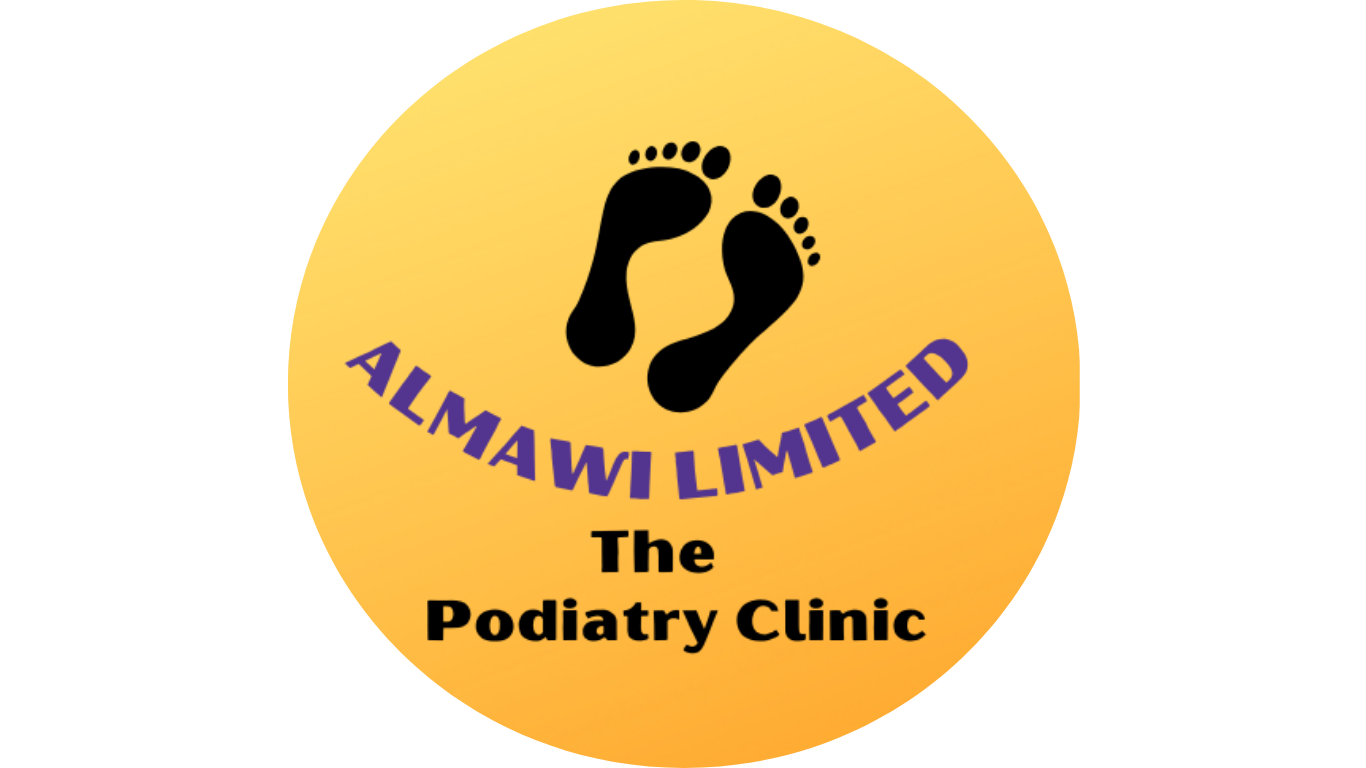
Do Your Feet Swell? Part 2
As indicated in Part 1, there are many causes of swollen feet; just as reasons for swelling are diverse, similarly the spectrum for treatment varies. 10 causes were reviewed then, and the series is being concluded with five more, which are by no means exhaustive.
-
Blood clot
 Clots occur when the blood fails to flow around the body correctly, causing platelets to stick together. If blood clots develop in the leg veins, they may prevent the blood from moving back to the heart. This can cause the ankles and feet to swell. Deep vein thrombosis (DVT), occurs when blood clots form deep in the legs. DVT is a serious condition that can cause a blockage in the major leg veins. In some cases, the clots may break loose and move to the heart or lungs.
Clots occur when the blood fails to flow around the body correctly, causing platelets to stick together. If blood clots develop in the leg veins, they may prevent the blood from moving back to the heart. This can cause the ankles and feet to swell. Deep vein thrombosis (DVT), occurs when blood clots form deep in the legs. DVT is a serious condition that can cause a blockage in the major leg veins. In some cases, the clots may break loose and move to the heart or lungs.
Signs of DVT include:
- swelling in one leg
- pain or discomfort in the leg
- low-grade fever
- colour changes in the leg.
-
Lymphedema
 It can cause swelling in the feet. Treatments for lymphedema focus on draining excess fluid. The lymphatic system helps the body get rid of unwanted substances, such as bacteria and toxins. Lymphedema occurs when lymphatic fluid gathers in the tissues, as a result of problems with the lymph vessels. If the lymph vessels are damaged or absent, lymphatic fluid can build up and lead to infection, slow wound healing, and even deformity.
It can cause swelling in the feet. Treatments for lymphedema focus on draining excess fluid. The lymphatic system helps the body get rid of unwanted substances, such as bacteria and toxins. Lymphedema occurs when lymphatic fluid gathers in the tissues, as a result of problems with the lymph vessels. If the lymph vessels are damaged or absent, lymphatic fluid can build up and lead to infection, slow wound healing, and even deformity.
Persons who undergo radiation therapy, or lymph node removal, have a higher risk of lymphedema. Anyone who has undergone cancer treatment, and experiences swelling, should contact their doctor immediately. In addition to swelling of the feet, signs of lymphedema include:
- recurrent infections
- impaired motion
- aching
- a feeling of tightness or heaviness
- thickening of the skin.
-
Heart disease
Swelling of the feet could be a sign of heart disease or heart failure. If the heart is damaged, it cannot pump blood to the heart efficiently. Right-sided heart failure can cause the body to retain salt and water, resulting in swollen feet. Apart from swelling of the legs, ankles, and feet, symptoms of heart failure include:
- shortness of breath, particularly when exercising or lying down
- rapid heartbeat
- weakness
- fatigue
- coughing or wheezing
- white or pink, blood-tinged phlegm
- abdominal swelling
- rapid weight gain from fluid retention
- loss of appetite
- nausea or vomiting
- difficulty concentrating, or confusion.
-
Kidney disease
People with poorly functioning kidneys may not be able to flush out fluid, which can build up in the body. Kidney disease may not present any symptoms, until it is severe, and the kidneys are beginning to fail. Signs and symptoms of failure include:
- less frequent urination
- shortness of breath
- drowsiness or fatigue
- pain or pressure in the chest
- seizures
- nausea
- confusion
-
Liver disease
The production of albumin can be inhibited due to liver disease. Albumin is a protein that helps stop the blood leaking from blood vessels. A lack of albumin means that the blood may leak, causing fluid to pool in the legs and feet, which can result in swelling.
Symptoms include:
- jaundice, in which the skin and eyes turn yellow
- dark urine
- bruising easily
- loss of appetite
- skin itching
- lack of energy
- nausea or vomiting
- tender, swollen abdomen
- pale, bloody, or tar-coloured stools.
Remedies/ Treatment
In addition to exercise and weight control, mentioned previously, other ways to alleviate swollen feet include:
 drinking plenty of water
drinking plenty of water- wearing compression socks or stockings
- soaking the feet in cool water
- raising the feet above the heart regularly
- staying active
- eating a healthy diet and being mindful of your salt intake
- massaging the feet
- eating more potassium-rich foods, as these can help reduce water retention.
When to see a Health Care Provider
Some cases of swollen feet tend to resolve without medical care. Home remedies, and lifestyle changes, can help reduce the swelling too. For stubborn, repeat cases, check your doctor as soon as possible. If your condition happens alongside shortness of breath, chest pain, or pressure in the chest, call the emergency services immediately.
Much food for thought has been provided; my hope is that it is helpful, and action is taken where needed.
Your feet mirror your general health . . . cherish them!

 WhatsApp us!
WhatsApp us!